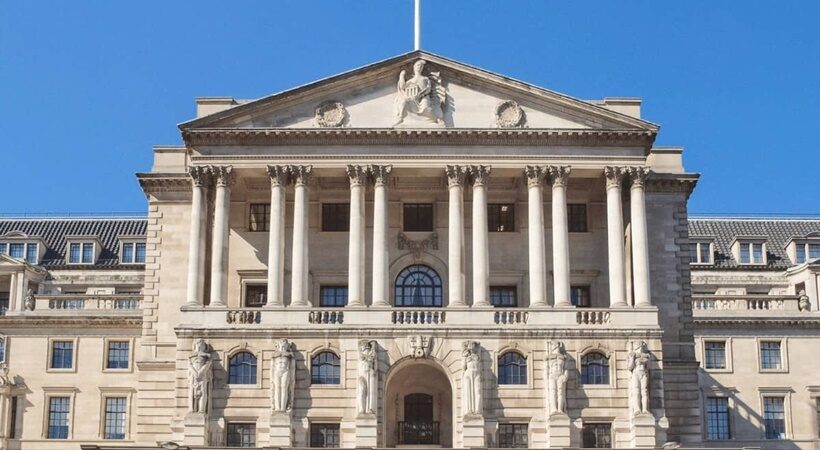The Bank of England is upping the ante by launching a big funding push to investigate crypto assets and how they are used in the financial sector.
The financial regulator in the United Kingdom intends to seek cash from the institutions it regulates to strengthen its control of the cryptocurrency business. According to Bloomberg, the Prudential Regulation Authority (PRA) of the Bank of England wants to raise £321 million (about $420 million) for the year ending February 2023.
The regulatory agency will also look for 100 new employees to help in the task. According to a press release dated April 20, the PRA intends to “require firms to record their crypto-asset exposures, treatments, and future investment intentions.”
Cryptocurrency is still too small:
The Bank of England is concerned that the $2 trillion cryptocurrency business has grown to the point where it threatens the country’s financial system. Across the last year, central banks worldwide have repeated this sentiment.
On the other hand, Crypto is a minuscule part of the $469 trillion global financial systems, accounting for only 0.42 per cent of the total, according to the Bank of England.
It did warn that crypto is now larger than the subprime mortgage business, which triggered the 2008 financial crisis, but it omitted to add that the banking system was mostly to blame. The United Kingdom has recently become more anti-crypt. Due to a lack of clarity in the regulatory system, numerous businesses have departed the islands, searching for more welcoming authorities.
Anxiety at the Federal Reserve:
The cryptocurrency business is supported by only a few central banks worldwide. This is since it is their role to manage the financial and monetary flows of their respective countries and residents. They can’t control what happens with decentralized assets, so they’re trying harder to stop people from utilizing and adopting them.
This week, IBM published a paper that outlined the main reasons why central banks despise cryptocurrency.
“You can no longer regulate inflation or the safety, stability, and soundness of your economic and financial institutions if you, as a central bank, don’t control the value of the currency used by your population.”
With inflation soaring worldwide, central banks appear to have entirely failed to do their duties.
The Federal Reserve of the United States, the European Central Bank, the Reserve Bank of India, the People’s Bank of China, the Bank of Thailand, the Central Bank of Hungary, the Bank of Ireland, and the Central Bank of Nigeria, to name a few, have all recently taken steps to restrict or prohibit the use of cryptocurrency.
Many central banks have advanced their central bank digital currency (CBDC) operations to fight the surging wave of decentralised money.



















